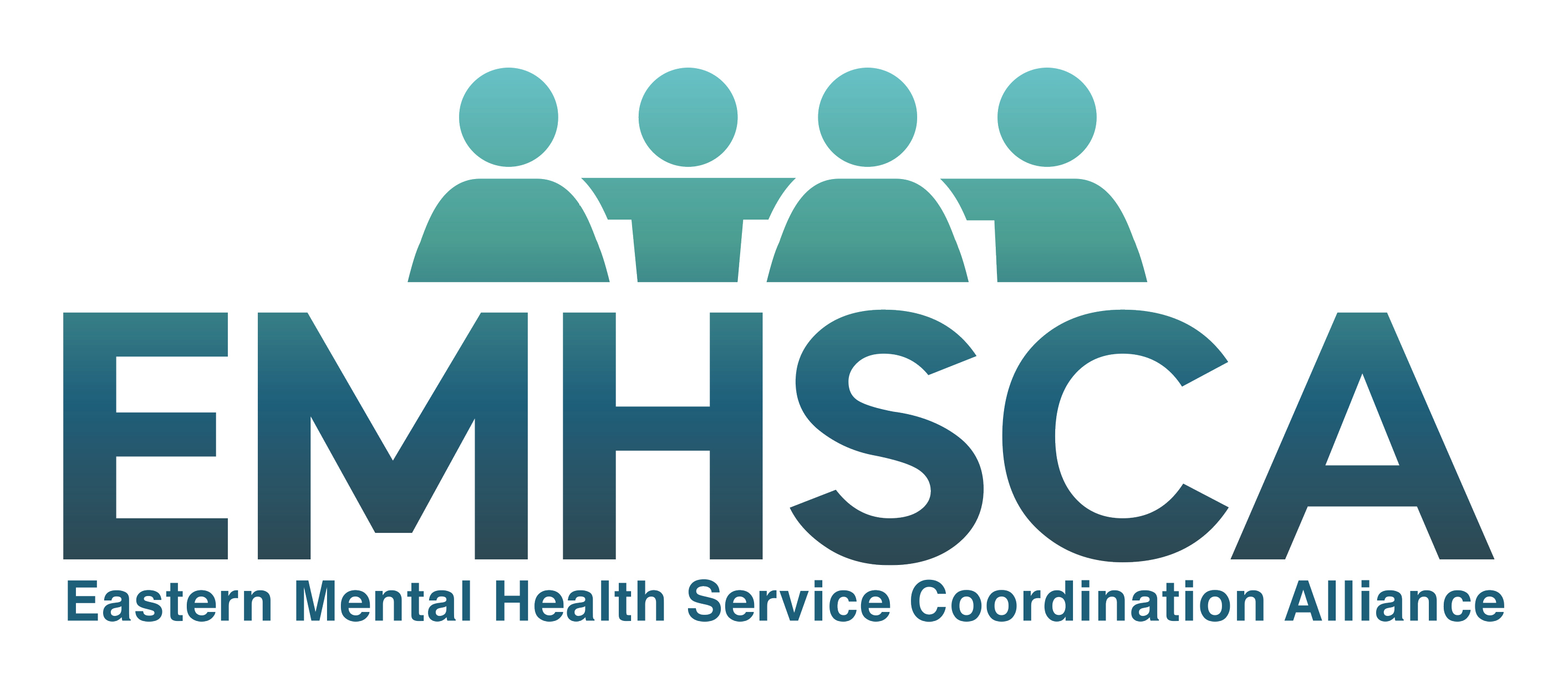
About Dual Diagnosis:
People with dual diagnosis have both mental illness and drug and alcohol concerns, problems or disorders. In the Eastern Metropolitan Region of Melbourne, as in other parts of the Victoria, mental health and alcohol and other drug services are working with increasing numbers of people with dual diagnosis. Dual diagnosis refers to one or more diagnosed mental health problems occurring at the same time as problematic drug and alcohol use.
Dual diagnosis adds complexity to assessment, diagnosis, treatment and recovery, and can be associated with increased incidences of relapse.
A dual diagnosis condition can include:
- a mental health problem or disorder leading to or associated with problematic alcohol and/or other drug use
- a substance use disorder leading to or associated with a mental health problem or disorder
- alcohol and/or other drug use worsening or altering the course of a person’s mental illness.
Dual diagnosis is an evolving field, both in understanding causal relationships and developing effective strategies for prevention, treatment and recovery.
Responding to people with dual diagnosis:
Dual diagnosis demands an integrated approach to assessment and treatment in both specialist mental health and alcohol and other drug services. Mental health and alcohol and other drug services should have the capacity to respond to the needs of people with dual diagnosis. This means addressing an individual’s needs, according to the presenting illness, using a risk framework and understanding consumer and carer/family preferences. Staff should be trained in dual diagnosis and provided with appropriate education and learning opportunities.
Victorian Dual Diagnosis Initiative (VDDI)
The Victorian Dual Diagnosis Initiative (VDDI) is a cross-sector (Alcohol and Drug, Mental Health Community Support and Clinical Mental Health) initiative funded by the Victorian Department of Health to contribute to the further development of mental health and drug and alcohol clinicians, agencies and sector’s capacity to recognise and respond effectively to people with co-occurring mental health and substance use concerns (dual diagnosis).
The VDDI’s structure includes four metropolitan agencies with links to VDDI workers embedded in each rural region. The VDDI is coordinated by the VDDI Leadership Group (VDDILG) and the VDDI Rural Forum (VDDIRF).
Eastern Dual Diagnosis Service (Eastern Health)
The Eastern Dual Diagnosis Service is the one of the four metropolitan services linked to the VDDI and provides services to all staff working within the Eastern Metropolitan Region mental health and alcohol and other drug services (adult and youth). Services are also provided to the Mental Health Community Support Services (MHCSS) in the adult sector only.
The Eastern Dual Diagnosis services are available to organisations that provide support and treatment to individuals experiencing a co-occurring mental health and substance use problems (dual diagnosis).
Requests for consultation can be made by phone from any professional working within eastern metropolitan region mental health and alcohol and other drug services (adult and youth). If EDDS clinicians are not available immediately, a message can be left regarding the request.
Eastern Dual Diagnosis Linkages Meetings:
The Eastern Metropolitan Region (EMR) Linkage Meetings are a forum to provide inter-sectoral and cross sectoral collaboration amongst key Dual Diagnosis (DDx) stakeholders representing the Alcohol & Other Drug
(AOD), Clinical Mental Health (CMH), Mental Health Community Support services (MHCSS), Homelessness/Housing Services, Family and Family Violence Services, Gambling Help, and all associated services providing care and support to people who experience Mental ill-health (MIH), Substance Use (SU) and co-occurring concerns in the Eastern Metropolitan Region of Melbourne. The meetings are held monthly and are hosted across various services in the Eastern Region.
Source: EMR Linkage Meeting Terms of Reference April 2018
Eastern Metropolitan Region Dual Diagnosis Dual Diagnosis Consumer and Care Advisory Council and Dual Diagnosis Working Group
These are two regional dual diagnosis committees working in partnership; the Dual Diagnosis Consumer and Carer Advisory Council (DDCCAC) and the Dual Diagnosis Working Group (DDWG). They share the same terms of reference and action plan, shared minutes and agenda with decision making shared across both the Council and the Working Group. Collectively these meetings are referred to as the In Tandem Dual Diagnosis meetings (ITDDM).
The separate meetings are held sequentially on the same day and provide consumers, carers, clinicians and practitioners with appropriate space and time to discuss matters from both a service recipient and a service provider perspective and ensuring legitimacy for both.
The DDWG and DDCCAC will form part of the membership of the Eastern Mental Health Service Coordination Alliance (EMHSCA) as a key EMR leadership group to drive the implementation and innovation of dual diagnosis activities. Amongst other things, activities include the provision of feedback and consultation on all aspects of regional Dual Diagnosis activities from both a lived experience and service providers prospective, active membership of EMHSCA and the Victorian Dual Diagnosis Initiative (VDDI). Another key function is the provision of advice, feedback and consultation on the involvement of consumers and carers in the dual diagnosis strategy regionally and state wide from both a lived experience and service providers perspective.
Helpful websites and resources:
Victorian Dual Diagnosis Initiative:
http://www.dualdiagnosis.org.au/home
Victorian Dual Diagnosis Initiative Services Contacts
Victorian strategic directions for co-occurring mental health and substance use conditions